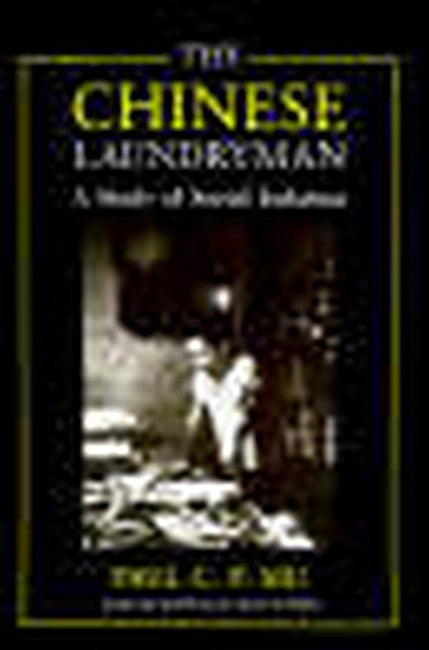Chinese hand laundries have been a fixture of America's urban landscape for over one hundred years. Yet little is publicly known about the workings of this familiar institution which originated shortly after Chinese immigrants had started to arrive in some numbers in California in the 1850s. At that time the Chinese worked in a wide range of occupations, hand laundries being one of them. But with the faltering of the Western economy and as European immigration to the United States mounted, the tide of anti-Chinese sentiment swelled, which culminated in violent evictions of the Chinese from West Coast cities and in the imposition of the Chinese Exclusion Act of 1882. The laundry became one of the few occupations in which Chinese were able to continue to work. This book is the definitive scholarly study of Chinese laundries and of those who worked in them in the United States. Sio's work, researched in the 1930s, was completed as a dissertation in 1953 at the University of Chicago's School of Sociology. It is an intimate insider's look at the life and work of Chinese hand laundry workers in Chicago, and is one of the most insightful participant observation studies of this kind. Dr. Siu, himself the son of a laundryman, introduces in it the key sociological concept of the "sojourner" and explores the whole nature of immigrant economies. Considered a classic work by students of overseas Chinese and Asian American studies, The Chinese Laundryman is also a landmark in the study of ethnic occupations and in the social and cultural history of the immigrant in America. Vividly descriptive and highly readable, the book will appeal to anyone interested in the ethnic and the urban experience in America.

